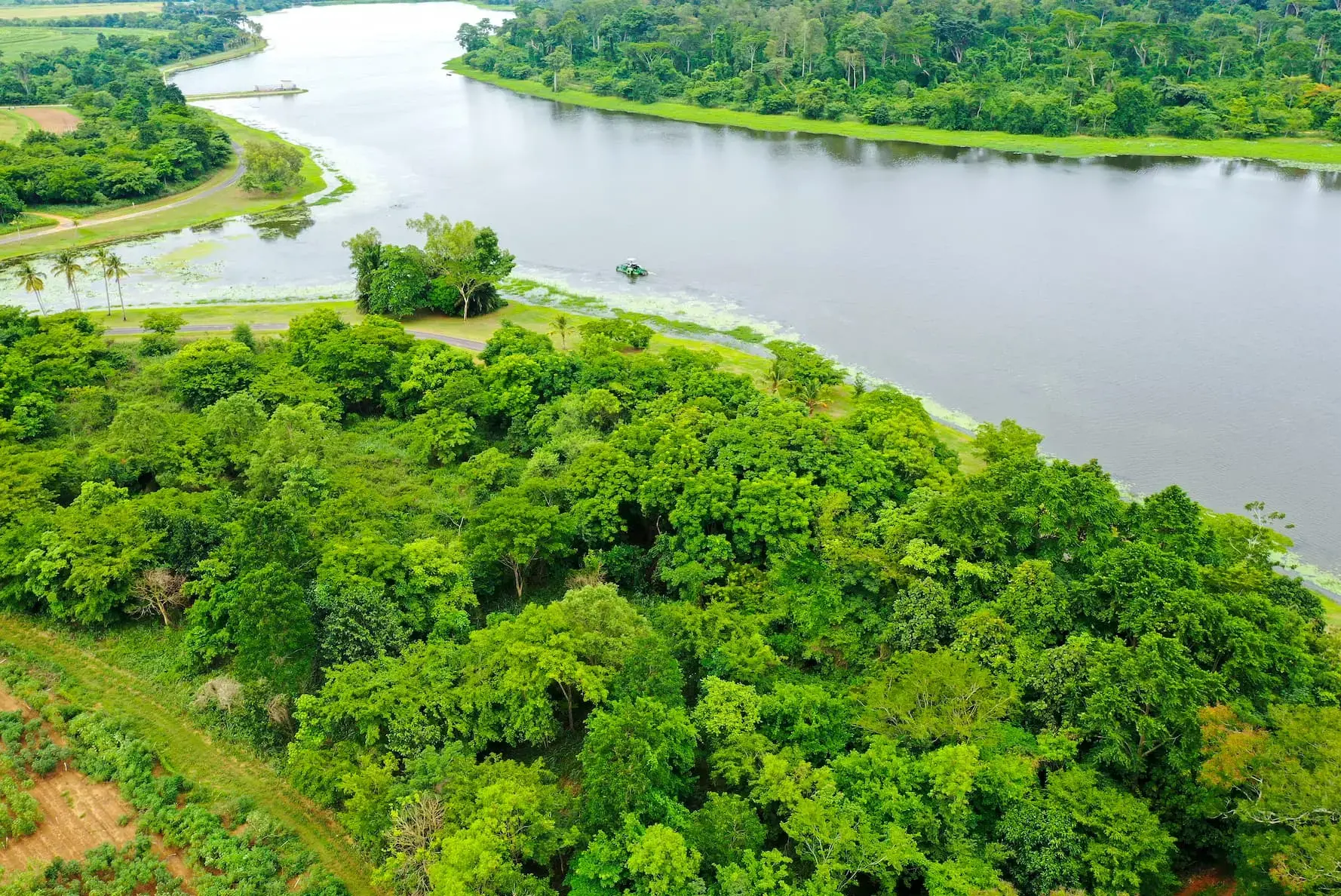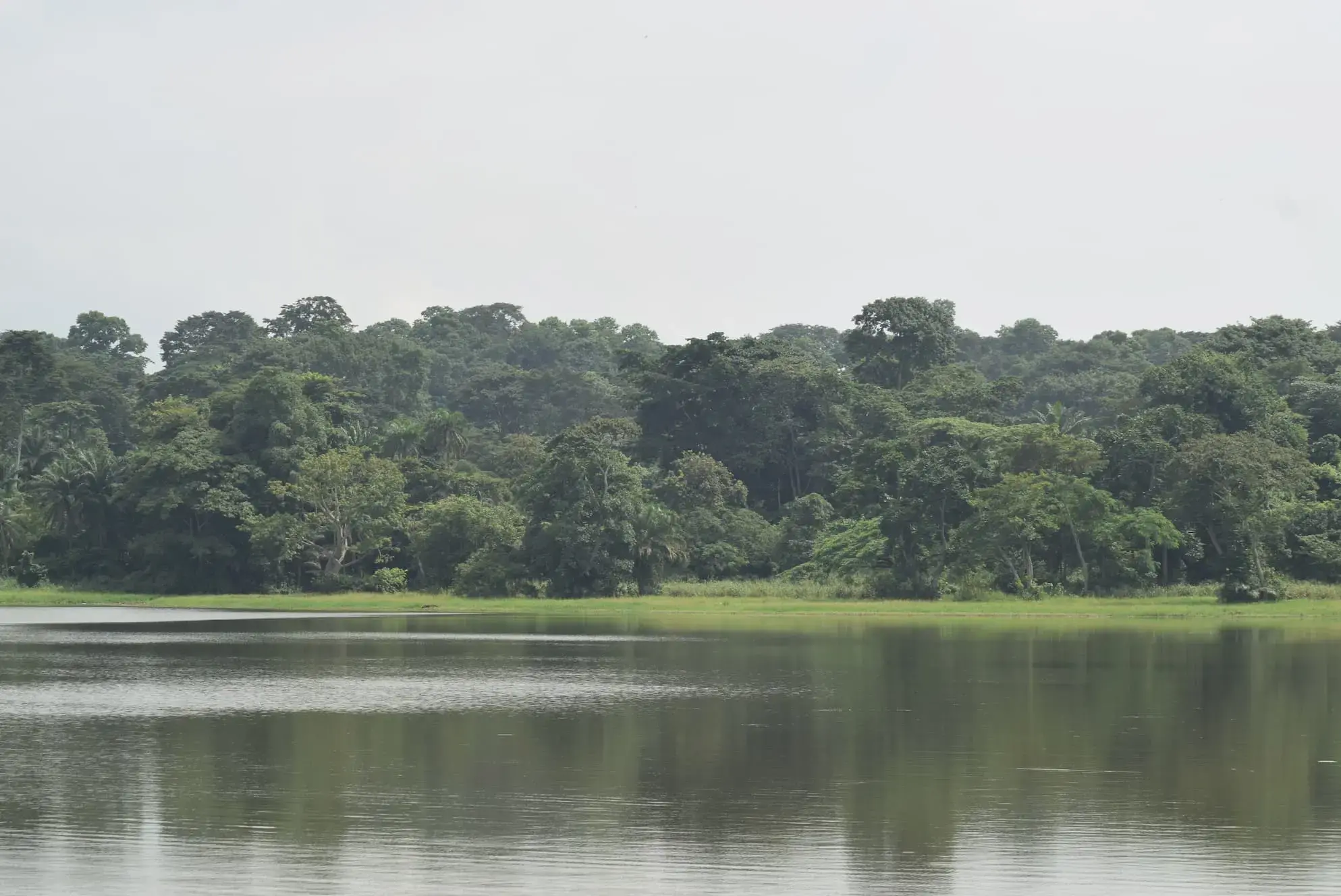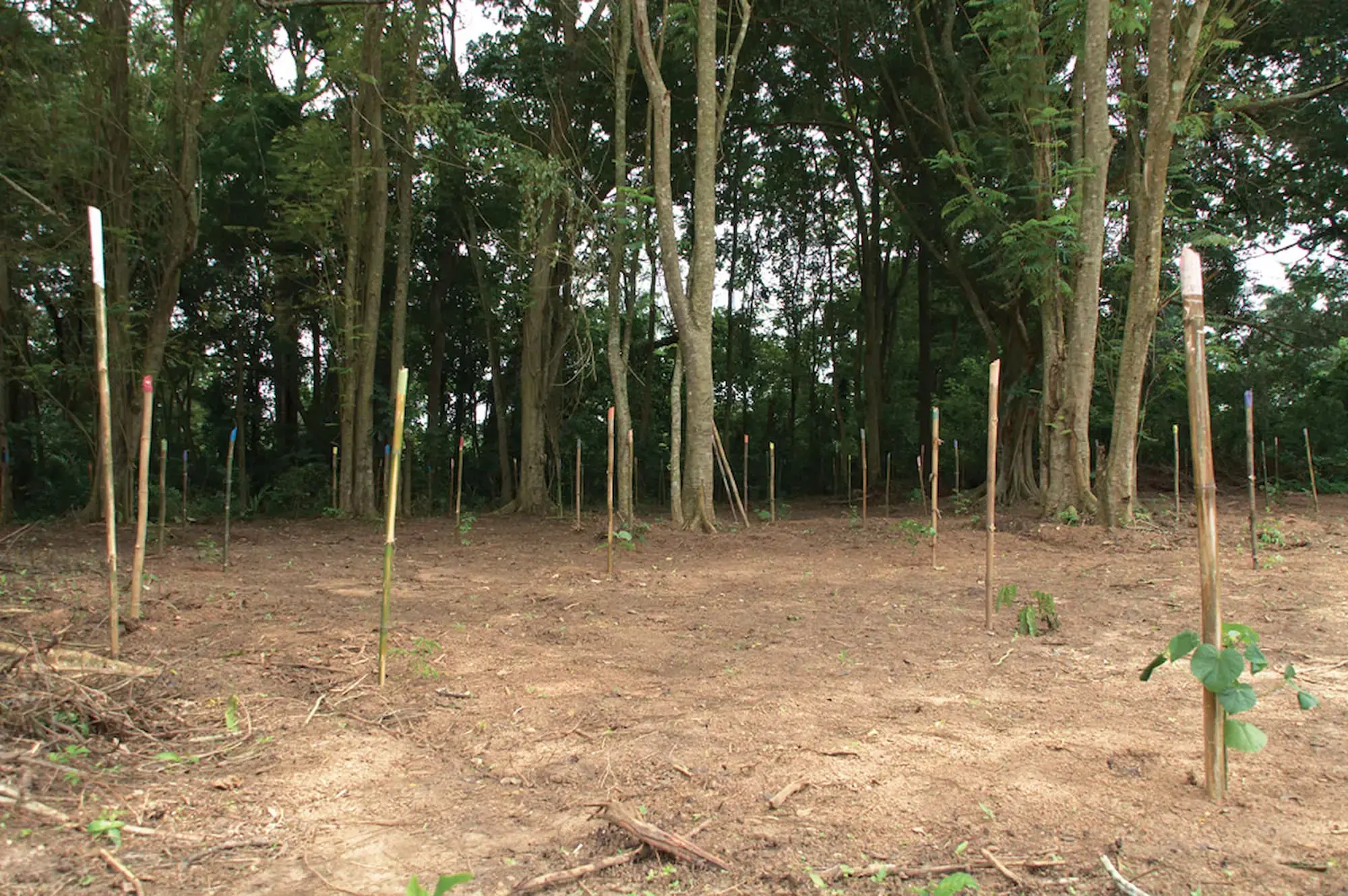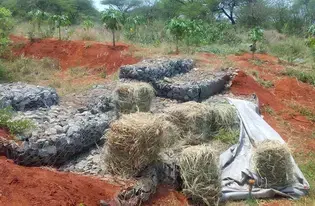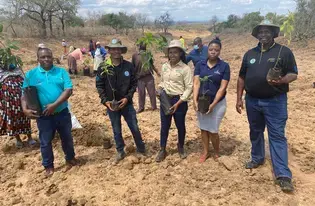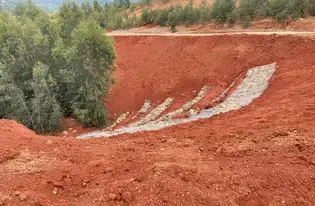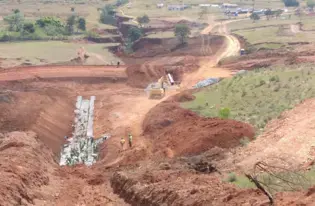Though agroforestry provides countless means for people to survive, it can threaten the environment when poorly practiced. But bringing the community at the heart of restoration will foster strides for change in Nigeria, and the International Institute of Tropical Agriculture is quite an example.
Nearly 71 million hectares of Nigeria’s land is allocated to agriculture according to the Food and Agriculture Organisation (FAO). Although agroforestry is widely contributing to Nigeria’s economy, poor farming methods are leading to environmental degradation across the nation due to cutting down forests for farming and fuel. However, sustainable agroforestry can mitigate the pressing issues of land degradation, hunger and poverty.
International Institute of Tropical Agriculture (IITA) is a Nigerian non-profit organization and agriculture research institute that facilitates agricultural solutions to hunger, poverty, and natural resource degradation across Sub-Saharan Africa.
In 2010, the institute implemented the IITA-Leventis Foundation Forest Project to plant native trees in its Ibadan campus with over 14,000 seedlings. In 2018 the project was expanded into a forest center (IITA Forest Center) to support the organization’s goal of restoring natural resources.
The center does capacity building, environmental conservation, and biodiversity monitoring among other activities. In partnership with Nigerian Breweries Plc, the center has successfully restored 5,900 hectares in Abeokuta and Ibadan, as well as 600 hectares in the Olokemeji Forest Reserve. These areas were previously highly degraded due to unsustainable farming and exploitation practices.
The Forest Center also initiated a project that trains children at schools about environmental conservation either in classes or conservation clubs.
In partnership with A.P. Leventis Foundation, Forest Center turned an old agroforestry arboretum into a Tree Heritage Park. This initiative aims to conserve rare and endangered tree species, which are propagated in the IITA Forest Unit Botanical Nursery.
Over 100 species were generated and distributed in several areas depending on how well they can thrive. The center provides manure for each species to ensure its proper growth.
Additionally, the Forest Center has received a grant from TerraFund for AFR100, which supports top restoration enterprises and projects in Africa. Through this grant, the Forest Center is recovering degraded lands in Nigeria.
300 hectares equivalent to 20% of the land that was degraded in Olokemeji, western Nigeria, have been reforested and 200 more hectares are being restored.
All these milestones were made possible by collective efforts. According to Adewale Awoyemi, Head of Forest Center, communities have played an important role in the success of their work.
“We have an amicable partnership with communities through a bottom-up approach, because community-based projects create bigger impacts. We help them understand the need to protect natural resources, which makes them keen to contribute on the restoration journey and build a greener impact,” Adewale says.
The ongoing work has not only provided employment opportunities, but also trained communities on benefits of environmental projects.
Samuel Peter, a 26 year-old forester testifies that he has received financial and skill support from the project..
“After joining the Forest Center project, a lot has changed. I am now able to support my parents and pay school fees for my siblings. I have also gained knowledge on native trees and how to manage and protect them,” Samuel says.
ITTA, through its Forest Center, is committed to supporting communities in various sustainable agricultural projects such as beekeeping and vegetable farming while promoting environmental conservation. The organization plans to reforest an additional 1,000 hectares in the near future.
Community-based conservation and sustainable agroforestry practices are key to restoring degraded lands and promoting environmental and social development. IITA’s work in Nigeria serves as a great example of this approach.
Learn more about Forest Center at forestcenter.org.
